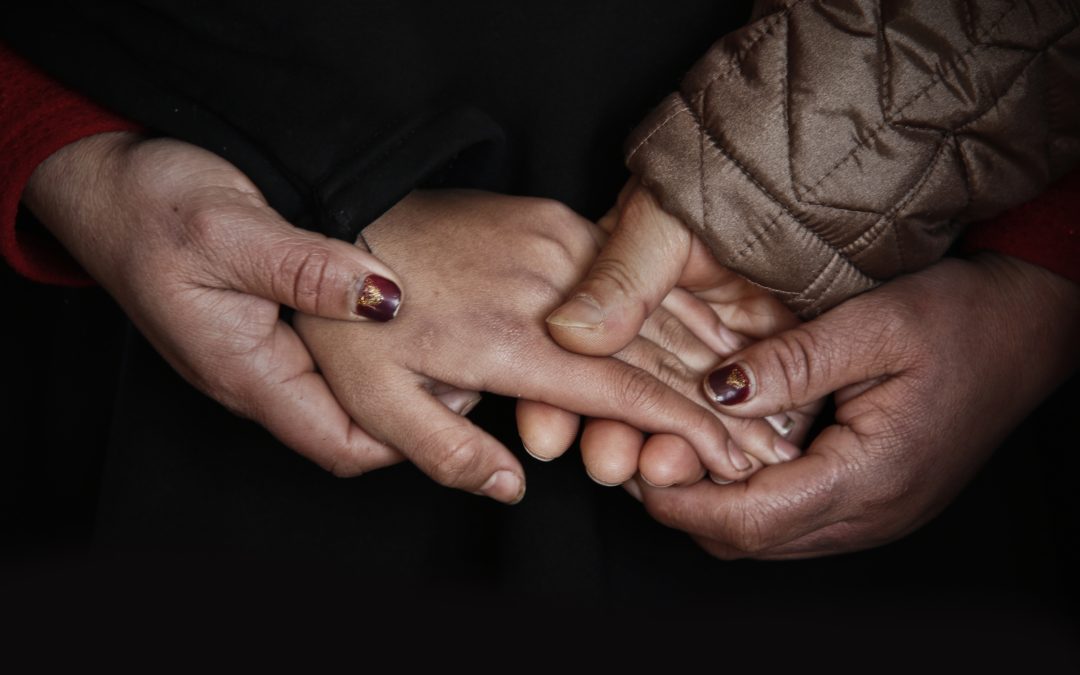They may lose interest in other activities. They may isolate themselves or spend their time with people of questionable character. They may begin lying to loved ones, stealing from them or manipulate them to assist in getting more substances. In order to begin the process of getting treatment for their addiction, you must start a non-judgmental conversation that can provide information to get them the help they need. Here are a few questions that can help begin the process:
What Kind of Drug Are You Taking?
Opioid drugs are a category that includes a wide variety of medications that are usually prescribed for pain. The category includes hydrocodone, oxycodone, morphine drugs, codeine drug combinations and heroin. Dentists may prescribe these drugs for pain after dental procedures. Physicians prescribe these drugs for back problems, joint pain, muscle problems and other conditions that include chronic pain as a symptom. Heroin, acquired on the street from drug dealers, is also an opioid drug. These drugs are powerful narcotics that cause changes in brain chemistry that are the source of the addiction.
How Long Have You Been Using the Drug?
The answer to this question generally indicates the severity of the addiction. If the individual has been using the drug for a short time, a relatively short period of treatment may be needed to learn ways to manage cravings and deal with behavioral issues. If the individual has been addicted for a long period of time, a more extended treatment program will be needed to correct these problems.
Is the Drug Use Damaging Your Health?
This question will allow the individual to voice their concerns about what their addiction is doing to their health. Addicted individuals may have blood or skin infections that have become severe. They may be malnourished or have lost weight. They may have been exposed to sexually transmitted diseases from risky behavior. Allowing the person to be honest about their health concerns may help to get them into treatment.
Would You Like Help Getting Into Treatment?
Offering your help to the loved one, without judgment or recrimination, to get him or her treatment for their addiction can be the single most effective way to help an individual into treatment. Your loved one may have fears about the treatment process or may have doubts about their ability to succeed. Encouraging individuals to get treatment and being there for them during the process can help to ensure their success in recovery. You can then help them get an assessment through a physician trained in addiction or at a professional treatment center to begin their journey back to sobriety.
The realization that a loved one has a substance use disorder can be a shocking event. However, family members and close friends can provide the best hope for recovery if they remain calm and supportive to help their loved one get the professional help they need.
To learn more about how we can help you or a loved one with addiction please visit our opioid addiction treatment or alcohol addiction treatment pages.




